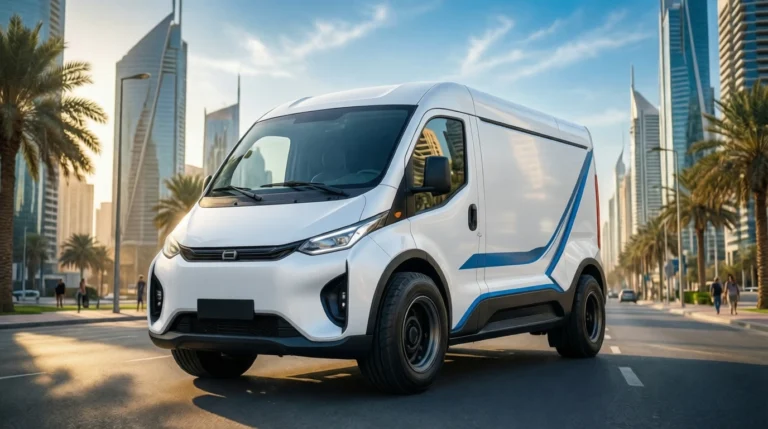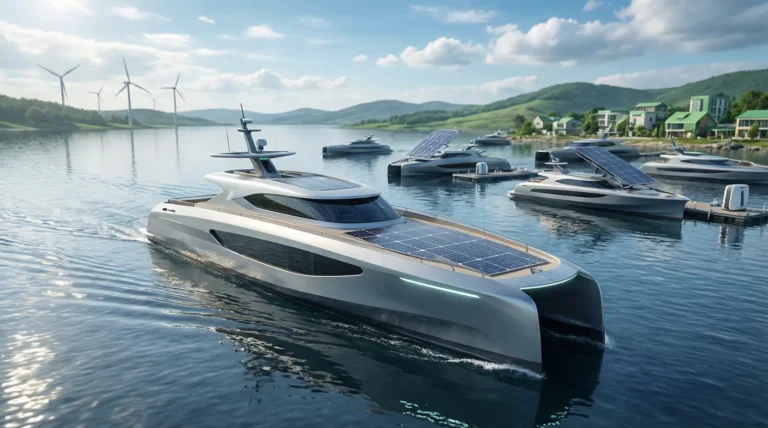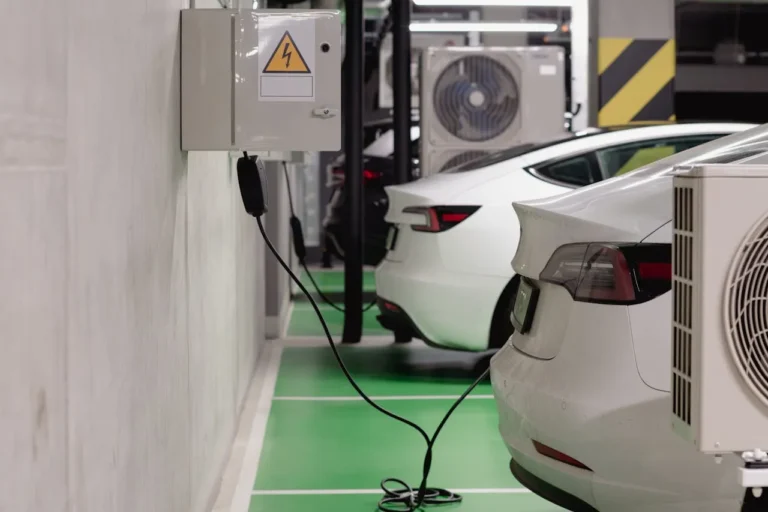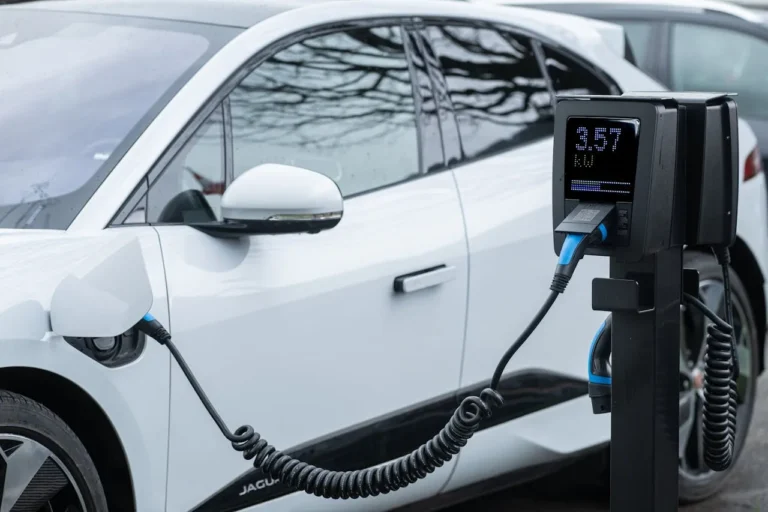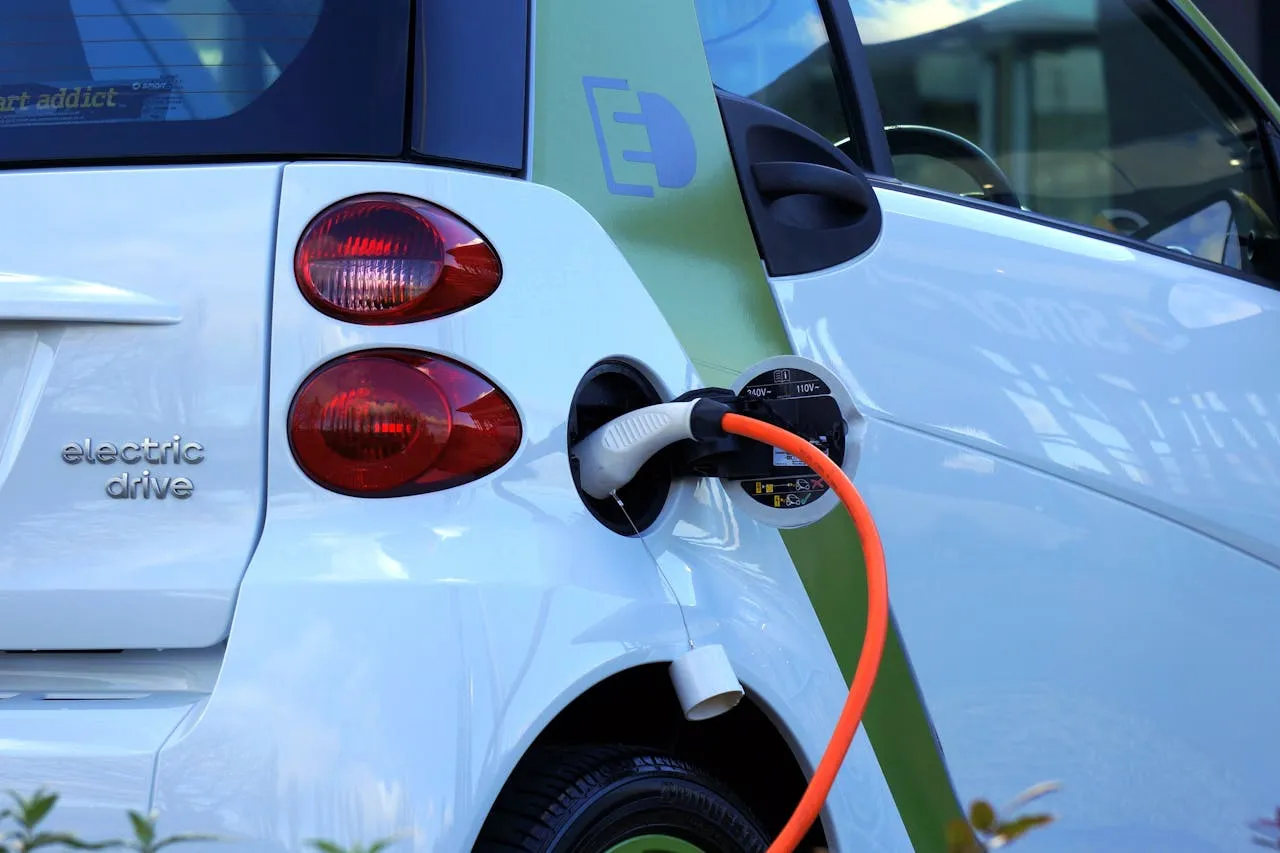
Customer Loyalty Fuels VinFast’s Global EV Momentum
The rise of VinFast from a young Vietnamese automaker to one of the world’s most closely watched electric vehicle (EV) contenders is often described through the lens of technology, investment, or national pride. But those who look closely point to something more fundamental: trust. While many automakers win headlines through flashy product launches or bold expansion strategies, VinFast has taken a different path—one focused on building long-term relationships with drivers, one service call at a time.
A Milestone That Redefined the Vietnamese Auto Market
In September 2025, VinFast achieved a breakthrough that few expected to happen so quickly. The company announced that it had sold 100,000 electric vehicles within just nine months. It wasn’t just a sales figure—it was the fastest EV adoption wave in Vietnam’s history, and no foreign brand had ever hit that number across any vehicle type in a single year.
Associate Professor Dr. Đàm Hoàng Phúc, Director of the Automotive Engineering Program at Hanoi University of Science and Technology, summed it up succinctly: “Truly remarkable.” What impressed him most wasn’t simply the volume, but the symbolism. Every one of those 100,000 vehicles was electric—each one representing a Vietnamese consumer choosing cleaner transport willingly, confidently, and without hesitation.
Dr. Phúc noted that unlike early EV markets in Europe or the U.S., Vietnam didn’t grow through government mandates alone. Instead, drivers embraced electrification because they trusted VinFast to support them once they made the switch.
Selling the Car Was Just Step One
The company’s internal philosophy has long been clear: the sale isn’t the finish line—it’s the beginning of the relationship.
From the start, VinFast invested aggressively not just in manufacturing capacity, but in everything that happens after the car leaves the showroom:
- Nationwide charging networks, spanning highways and rural areas alike
- 24/7 rescue and roadside service
- Extensive maintenance and repair infrastructure
- Digital platforms enabling seamless support and connectivity
“VinFast is giving customers more than a car,” Dr. Phúc explained. “It is offering peace of mind and the confidence to be part of a greener future.”
In a country where EVs were perceived as experimental or risky just a few years ago, creating this level of security was essential. Drivers needed to know that transitioning to an electric vehicle wouldn’t mean inconvenience or uncertainty. VinFast responded by introducing owner-friendly programs such as Gas to Electric trade-in incentives and easy financing plans that reduced the financial barrier to entry.
According to Associate Professor Dr. Lý Hùng Anh of Ho Chi Minh City University of Technology, this reframed EV ownership entirely: “VinFast helped Vietnamese drivers see electric cars as a natural choice for daily use—not sacrifices for environmental virtue.”
Scaling Trust Across Borders
As VinFast began expanding globally, many questioned whether its success in Vietnam could be replicated elsewhere. Competing in markets like Canada, Europe, the United States, or India is not just about product specs; it’s about earning confidence in unfamiliar territory.
Rather than leading with aggressive pricing or advertising, VinFast chose to export its relationship-based ownership model. The core strategy remained unchanged: make people feel secure for the long run.
Take Canada, for example—a nation known for both environmental awareness and practical skepticism. Canadian consumers don’t just ask how fast an EV accelerates; they ask how long the battery will last in freezing weather and how much a replacement will cost ten years later. So VinFast responded decisively with one of the industry’s most generous warranty packages:
- 10-year / 200,000-kilometer vehicle warranty
- 10-year unlimited mileage warranty on high-voltage batteries
This wasn’t merely a sales incentive—it was a direct response to a well-documented concern. Ernst & Young’s 2024 Mobility Consumer Index reported that battery longevity and maintenance cost anxiety remain the biggest barriers to EV adoption in North America. VinFast didn’t attempt to convince buyers to stop worrying—it removed the reason to worry altogether.
One early Canadian customer, identified as J.C., summed up the appeal simply: “The 10-year coverage gave us confidence to make the switch.” In a market full of startups promising futuristic tech, VinFast positioned itself as the EV brand that sticks around when things go wrong.
Building a Connected Ownership Ecosystem
Warranty alone doesn’t build loyalty. Modern drivers expect digital convenience to accompany mechanical reliability, and VinFast has leaned heavily into that expectation.
The VinFast mobile app provides direct connectivity to 95% of all public charging stations in North America, allowing users to:
- Locate chargers in real time
- Pay instantly within the app
- Monitor vehicle status and charging progress remotely
Combined with mobile maintenance teams and 24/7 roadside support, VinFast essentially ensures that assistance is never more than a phone tap away. This consistency between Vietnam and foreign markets reflects a deeper principle inside the company: a vehicle is not just a product—it’s a service ecosystem.
The Advantage of Playing the Long Game
Many industry analysts credit VinFast’s ability to prioritize long-term value over quarterly profit to its backing by Vingroup, Vietnam’s largest private conglomerate. With patient capital behind it, VinFast isn’t forced to chase immediate returns—it can build trust first and monetize later.
This stands in contrast to several Western EV disruptors that scaled rapidly but faced backlash when early owners encountered service issues or delayed parts. VinFast has taken note. Its expansion strategy appears almost conservative—not in ambition, but in execution. Instead of flooding markets with models, it scales infrastructure, service, and customer care before ramping sales volume.
In doing so, VinFast is positioning itself not just as a product competitor to Tesla, BYD, or legacy automakers—but as a brand built on reassurance rather than hype.
Than Maintenance — A Social Contract
Viewed from afar, after-sales care can seem like a logistics function: warranties, repairs, apps, and assistance. But for VinFast, it carries philosophical weight. It is, in effect, a social contract.
When a driver buys a VinFast vehicle, the company behaves not like a vendor delivering goods but like a partner committing to support that driver for a decade—or more. That’s not just smart customer retention strategy. It’s a deliberate brand identity.
As EV adoption accelerates globally, the companies that thrive will not be those who simply ship the most cars—it will be those who keep their drivers happy after the excitement of purchase fades.
VinFast has understood this from day one—and that may be its greatest competitive advantage.


